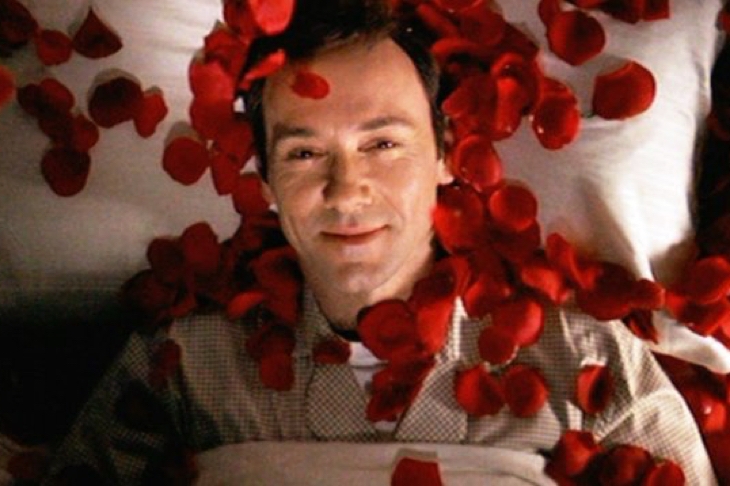A well-placed source told me recently that late last year the BBC pulled plans to show the Oscar-winning film American Beauty on BBC1. Why? Because it stars Kevin Spacey, who had at that point just been accused of sexually inappropriate behaviour.
Spacey, who is now seeking treatment for his problems, has not been convicted in court of any of the offences levelled at him but the BBC seems to have decided it must shield licence fee payers from works of fiction he has appeared in anyway. No film involving Spacey has been broadcast by the BBC – or any other terrestrial TV channel – for months.
The same goes for Woody Allen. In 1992 he was accused of sexually molesting his adopted daughter, Dylan. A months-long investigation ensued resulting in a state prosecutor saying he would not pursue any charges against the star. Yet because these unsubstantiated claims resurfaced recently, no non-subscription TV channel has shown any of his films.
The decision effectively to ban certain artists from the airwaves on the strength of nothing more than a moral judgment is how the ‘Me Too’ Movement is affecting You Too.
In this new age of censorship, I now wonder whether any terrestrial channel will ever show a film directed by or starring Spacey or Allen again. This would mean the BBC and other broadcasters forbidding artistic material because they think they should. They are unable to separate an artist’s work from their alleged behaviour. This sets a very dangerous precedent.
When asked about their policy on showing the films of Spacey and Allen, a BBC spokesman told me: ‘We make decisions on a case by case basis according to editorial guidelines.’
This is not encouraging.
ITV said pretty much the same thing, adding that it has not shown a Spacey film recently and does not plan to do so. Channel 4 echoed the BBC and ITV but, in its capacity as a publicly-owned broadcaster, it is clearly guilty of hypocrisy and should be challenged.
Its spokesman told me: ‘Channel 4 and Film4 are always mindful of current events when scheduling films for broadcast. We select films on a case by case basis, taking into account the nature of the films and the likely impact their broadcast might have on our audiences given current events.’
However, until the Me Too Movement took off last year, Film 4 was quite happy to show movies directed by Roman Polanski, including Chinatown and The Ghost Writer. And yet, as is well known, in 1978 Polanski fled America for Europe after being arrested and charged with engaging in unlawful sexual intercourse with a 13-year-old girl. If Film4 actually believed in its own moral code, it would never have shown any of Polanski’s films in the first place.
The BBC must also answer charges of hypocrisy thanks to it imposing its authoritarian ethics on the public who fund it. For the trouble with the BBC taking the high ground is that it has its own associations with those who have apparently behaved inappropriately.
Two statues of Prospero and Ariel created by the 20th century sculptor Eric Gill adorn the BBC’s London HQ, Broadcasting House. Yet in 1989 it came to light that Gill, who died in 1940, regularly had sex with his two daughters and also with the family dog. Gill wrote about these shocking events in his diary.
If the BBC will not allow licence payers to watch a Kevin Spacey film on BBC1, why should the BBC continue to broadcast from a building decorated by a self-confessed sexual predator? And why should the public continue to pay for the upkeep of that building?
Furthermore, consider this: if you walk past Gill’s Broadcasting House statues and go into the building itself on any weekday morning between 7 and 9 o’clock, you will find Chris Evans broadcasting on Radio 2.
Evans was reported in 2005 to have openly admitted his enjoyment of showing his penis to women. And as has also been reported, BBC bosses have refused to investigate claims that Evans regularly flashed at one female colleague in the 1990s. Evans denies the allegation, but has admitted in a newspaper interview to flashing other colleagues.
So, in the BBC’s moral universe, Kevin Spacey and Woody Allen films are out, but licence fee payers must stump up the £2 million a year salary of affirmed flasher Chris Evans.
That’s show business, folks.






Comments